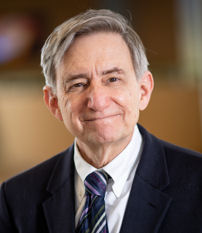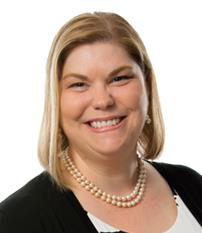By Mark Linzer, MD, MACP, and Sara Poplau, Hennepin Healthcare, Minneapolis


Coping With COVID: Early Data, Important Lessons
What's New: The Coping with COVID (CWC) study has been a collaboration between the Hennepin Healthcare's Institute for Professional Worklife (IPW) in Minneapolis, MN; Forward Health Group, our data partner in Madison, WI; and the American Medical Association in Chicago, IL. Now having surveyed over 60,000 health care workers in over 60 health care organizations across the United States, CWC has uncovered numerous important aspects of stress and burnout during the pandemic and determined several lessons that can lead to better health and well-being coming out of it.
What Was Found: The first CWC paper was published in February 2021 in Mayo Clinic Proceedings: Innovations, Quality and Outcomes. Data are presented on 2373 physicians in 17 organizations surveyed between March and April 2020. A Stress Summary Score (SSS) was composed of an overall stress item, fear of exposure or transmission, anxiety/depression, and work overload (Cronbach's alpha = 0.72). SSSs were highest among women, early/midcareer, and inpatient physicians and those in frontline specialties, including palliative care, emergency departments, critical care, and hospital medicine.
Importantly, stress was less in those feeling valued by their organization: Not feeling valued explained 31% of the stress experienced at an organizational level and 11% at an individual level.
How to Thrive: CWC strongly implies that mental health support is needed coming out of the pandemic, workload modulation is critical to sustaining the capacity to continue working and caring, and feeling valued by one's organization can be a critical component of lowering stress. Now, as the pandemic recedes (and hopefully does not resurge), these lessons are more important than ever: We'll need to make space for emotional recovery and provide mental health resources as we return to our patients. We also need to respect the pent-up demand in primary care and allow time for patients and clinicians to gather again and address medical issues not attended to for the past 10 months. Finally, when you stop in the hallway and say “thank you” and listen to a colleague (be they a physician, nurse practitioner, housekeeper, or lab technician drawing blood), know that these words may be more meaningful than ever in easing the stress upon our fellow travelers in this pandemic and the recovery.
Want to be featured in our newsletter? Share your success stories and those of inspirational colleagues (both ACP Champions and partners) by e-mailing acpwellbeing@acponline.org.

